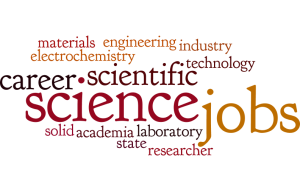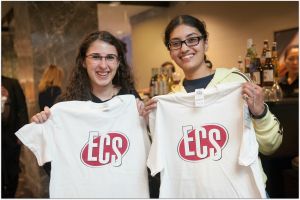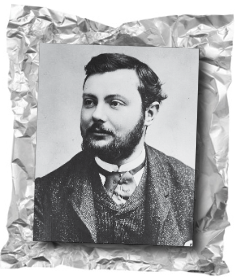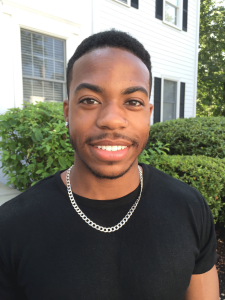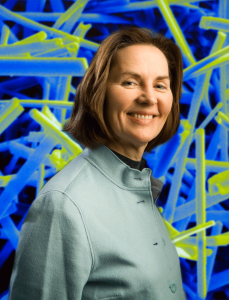
Esther S. Takeuchi, past President of ECS and key contributor to the battery system that is still used to power life-saving implantable cardiac defibrillators
As a membership and development intern, my responsibilities include the organizing and electronic conversion of paper membership documents as ECS makes the transition from file cabinets to e-file folders. While going through the archive of members my heart skipped a beat, so to speak, as I read the profile of Esther S. Takeuchi. There are countless articles and information about Dr. Takeuchi, so I won’t press you with too many of her accolades. While being a member ECS and under the funding of Wilson Greatbatch she developed the Li/SVO (silvervanadium oxide) battery that powers the majority of the world’s lifesaving cardiac defibrillators.
Among the many members of ECS, Dr. Takeuchi stood out to me due in part to her humble beginnings. Despite her origin she accomplished momentous feats that impacted millions of lives. Energy Technologies Area states, “Dr.Takeuchi has been credited with holding more patents (currently over 140) than any other living woman.” Dr. Takeuchi’s continued membership with ECS helps promote and encourage the retention of current members within the Society, and may also attract new members who believe in the importance of this line of work. It’s a true benefit for society that members like Esther S. Takeuchi present their work to the world so that we can all benefit from it.
Let’s see how your heart is doing. Take your first two fingers (not your thumb) to press lightly over the blood vessels on your wrist. Count your pulse for 10 seconds and multiply by 6 to find your beats per minute. According to WebMD, the normal resting heart rate for a healthy adult ranges from 50-70 bpm. However for people with an irregular heart rhythm, commonly known as arrhythmia, this count may be off as your heart could be beating too quickly, too slowly, or otherwise abnormally. For serious cases, an implantable defibrillator or pacemaker is implanted into the chest or abdomen to help regulate and effectively shock the heart back into a normal rhythm again. If an electrical device needs to be placed inside of a living body, it had better work, not leak, and last for a very long time. Innovative, revolutionary, and life-changing are just a few thoughts that come to mind when realizing the type of contributions members like Dr. Takeuchi make to not only keep the passion beating in the hearts of ECS members, but the rest of the world as well. Check out the her video interview with ECS, or download it as a podcast, to learn more about Dr.Takeuchi’s innovative and monumental work.
[Image:
State University of New York at Buffalo]


